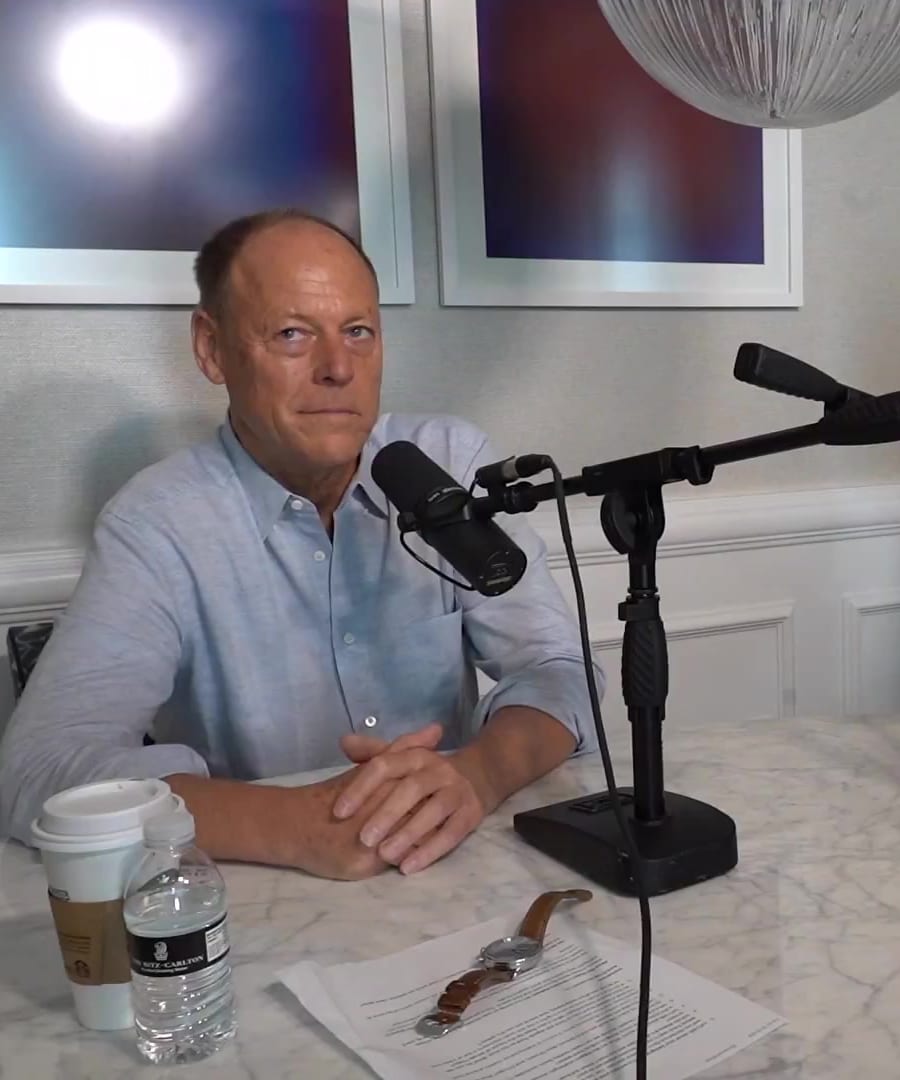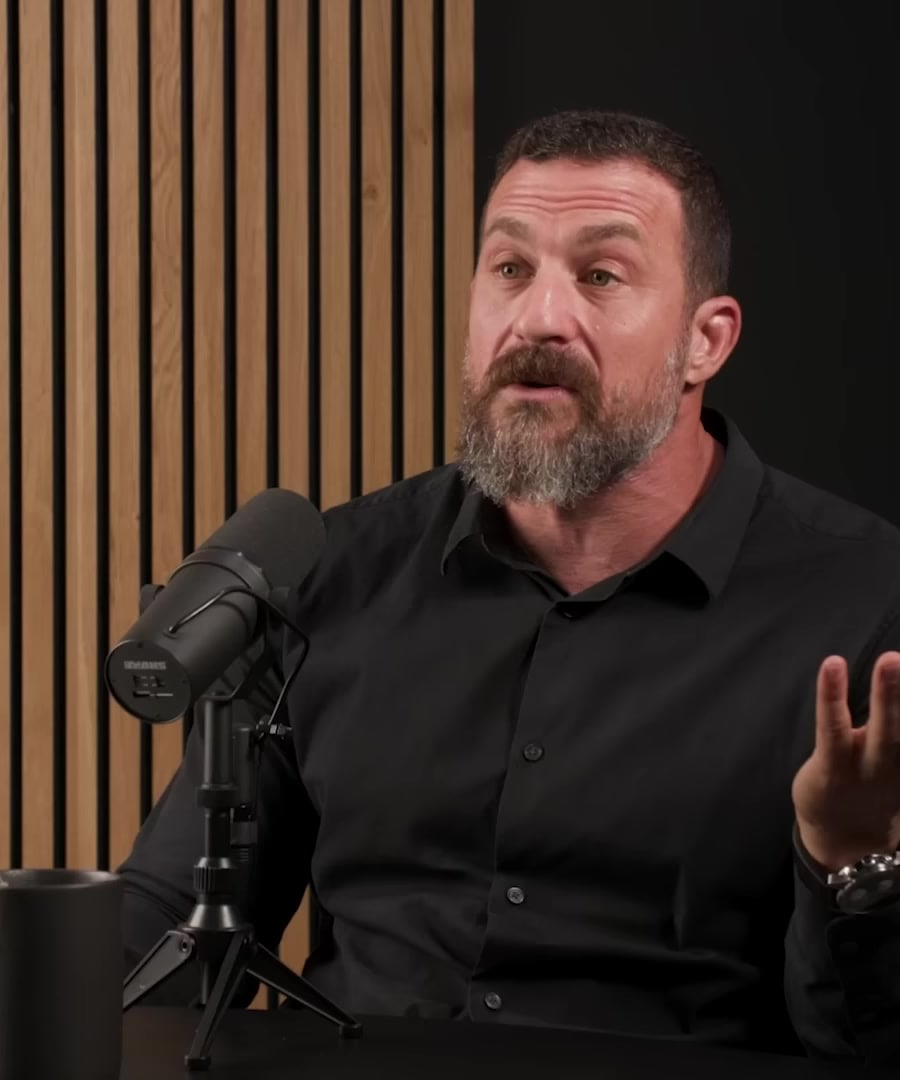Building a Healthy Society
Sources:
Building a healthy society encompasses various aspects including food policy, culture, education, and social health. Here are insights from experts on this topic:
Food and Health
Dr. Mark Hyman emphasizes that addressing the root causes of food production and consumption can alleviate multiple societal issues, ranging from chronic diseases to national security concerns. For instance, unhealthy lifestyles have led to a significant number of military personnel being unfit for duty, which also affects mission readiness 1.
Culture and Lifestyle
Dr. David Katz argues that longevity and vitality depend more on culture than individual clinical interventions. Societies where healthy living is a norm—like regular physical activity, good diet, and strong social interactions—achieve better health outcomes. He suggests a dual approach: integrating lifestyle changes within clinical practice and promoting a culture where healthy choices are the default 2.
Community Initiatives
Walter Robb advocates for community and business-led initiatives to foster meaningful changes. He suggests creating national programs to engage and reward young people in building a healthier future. This includes initiatives like a "Health Corps" aimed at promoting public health through innovation and community involvement 3.
Education and Communication
U.S. Surgeon General Dr. Vivek Murthy highlights the need for systemic changes, such as incorporating health education into school curriculums. He stresses the importance of teaching children about sleep, nutrition, physical activity, and social relationships, equating these to fundamental skills like reading and writing for overall well-being 4.
Social Health
Kasley Killam emphasizes improving social health through both individual actions and systemic changes. She discusses the role of policy, innovative technology, and community design in fostering social connections. Simple actions like smiling at neighbors or engaging with colleagues can significantly boost social health and help change social norms 5 6.
Personal Responsibility
Dr. Ahmad Malik discusses the importance of self-empowerment in personal health. He highlights a disconnect between traditional medical education and fundamental health aspects like diet and lifestyle. He advocates for individuals to take ownership of their health to avoid being prey to predatory practices that benefit from a sick population 7.
These insights underline the multifaceted approach necessary to build a healthy society, involving policy changes, cultural shifts, community initiatives, education, and personal responsibility.
RELATED QUESTIONS


